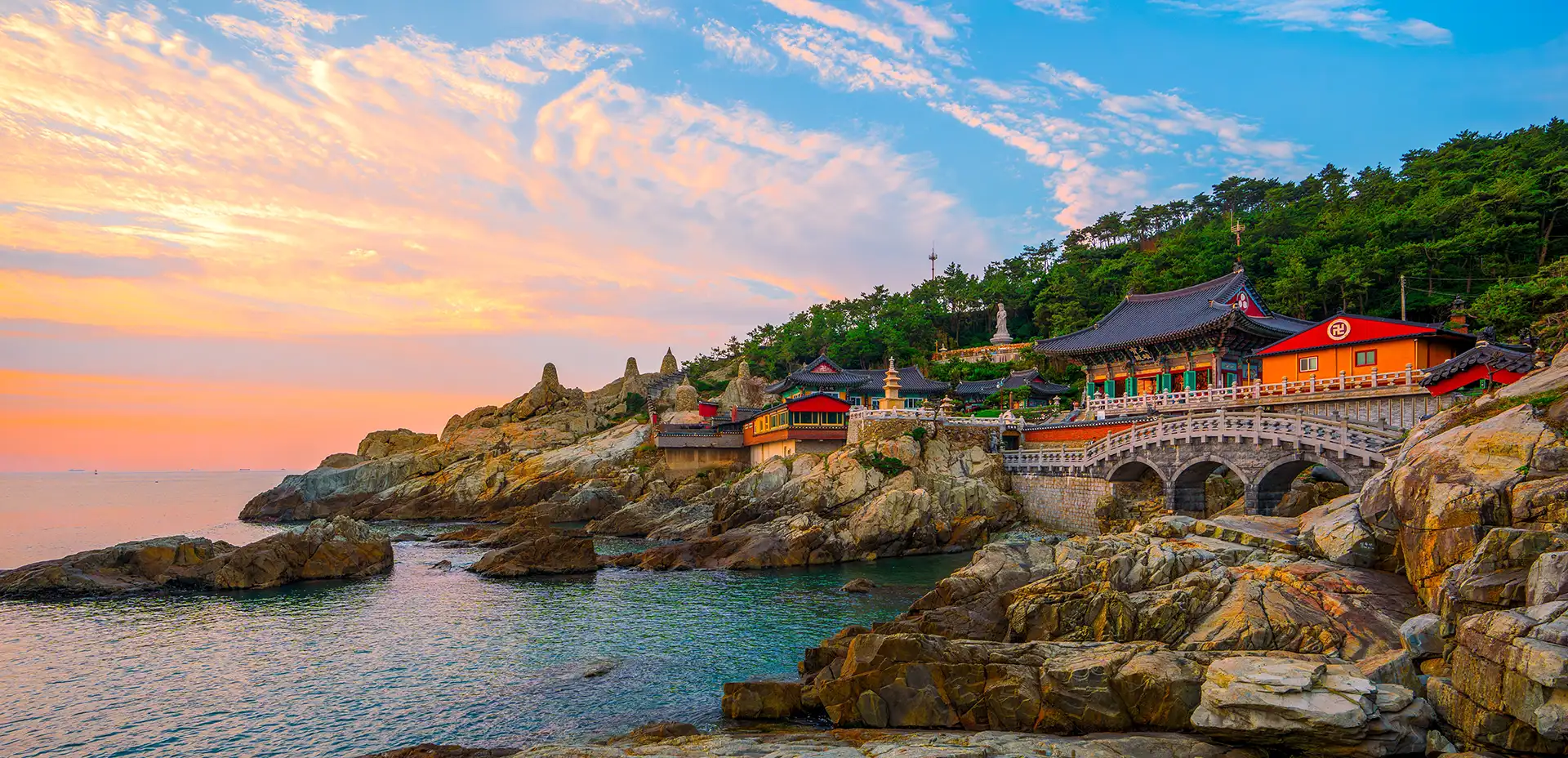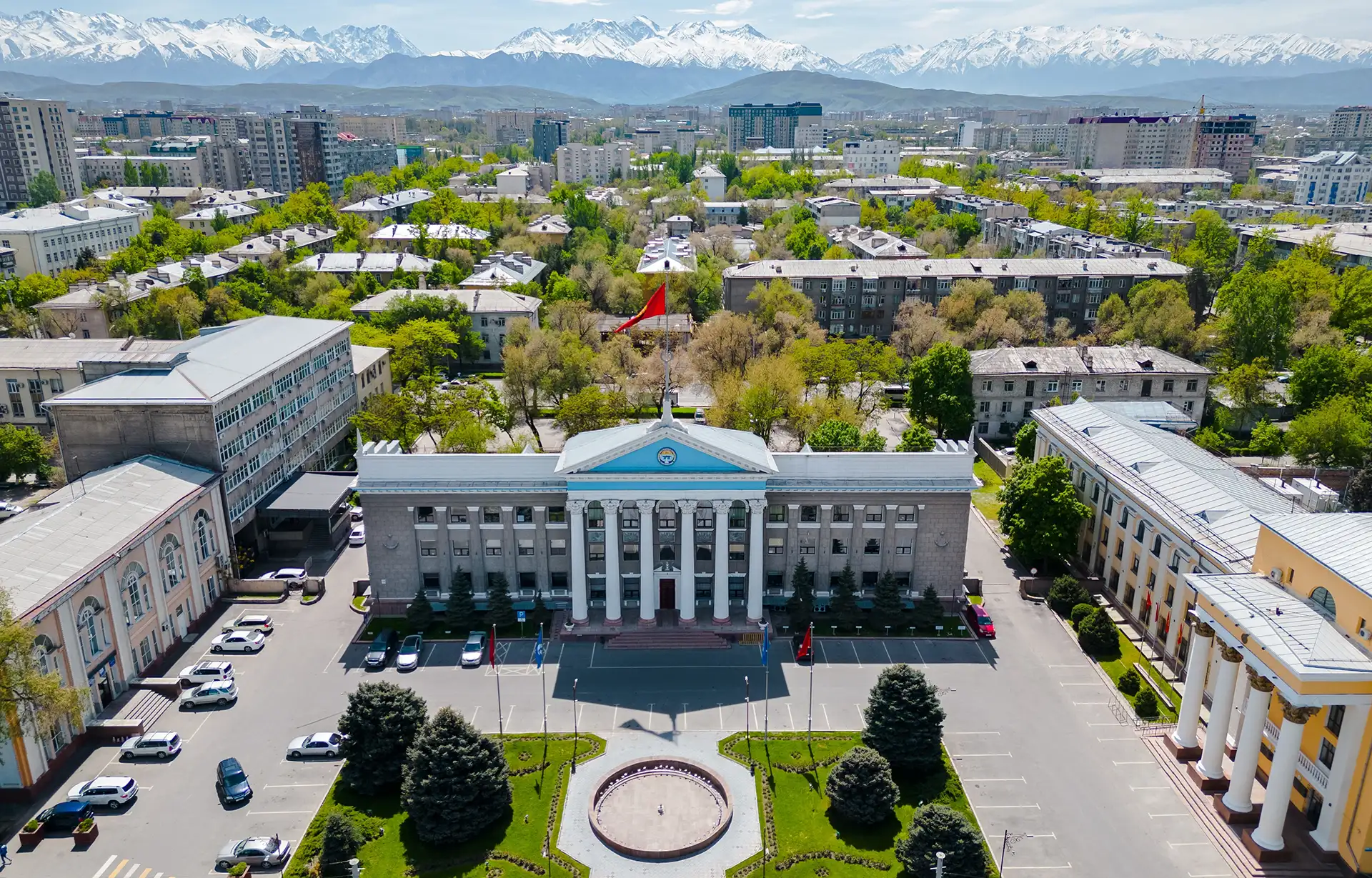

Zambia
Zambia passport ranking
The Zambian passport is currently ranked 77th place on the Guide Passport Index. It provides visa-free access to 65 destinations. This gives it an overall medium-low mobility score. Zambian passport holders have visa-free access and visas on arrival to countries such as Malaysia, Senegal, Singapore and Ecuador. Zambian nationals require a visa to enter about 164 destinations in the world. Some of the destinations for which a prior visa is required are the United States, the European Union, the United Kingdom and Japan.
Zambia Passport Ranking
The Zambia passport ranking relative to other global passports is calculated by adding up the number of countries that allow Zambia passport holders to enter without a visa (i.e. visa-free countries) and those that allow Zambia passport holders to enter by obtaining a visa on arrival (i.e. visa-on-arrival countries) or an electronic travel authorization (eTA). There are currently a total of 41 Zambia passport visa-free countries, 22 Zambia visa-on-arrival countries, and 2 eTA destinations.
Altogether, Zambia passport holders can enter a total of 65 destinations—either without a visa, through a visa on arrival, or via an eTA. As a result, the Zambia passport ranks 77 in the world.
Separate from these Zambia visa-free countries and visa-on-arrival countries, there are 164 additional destinations which Zambia passport holders either need a physical visa to enter or an eVisa (i.e. visa required countries).
About Zambia
The landlocked Republic of Zambia is a former British colony consisting of 10 provinces. The nation is situated in Southern Africa and is bordered by Angola, Botswana, Zimbabwe, Mozambique, Mali, Tanzania and the Democratic Republic of the Congo. Its most important provinces are Lusaka, Copperbelt and Eastern. Zambia has a surface area of 752,618 square kilometers. This makes it the 17th largest country in Africa. Its climate is tropical, only varying by altitude. Its terrain is characterized by a high plateau with some hills and mountains.
Zambia has an overall population of over 17.3 million people. This makes it the 22nd most populated country in Africa. The capital of the nation is Lusaka, which is also the most populous city with over 2.7 million people. Other major cities are Kitwe, Ndola and Kabwe. The largest airport is Kenneth Kaunda International Airport (LUN) with 1.3 million yearly passengers, which is named after the first President Kenneth Kunda. The airport connects Zambia to destinations in Africa and Turkey.
Zambian culture is influenced by a multitude of languages and tribes. There is no official language but Bemba is the most widely spoken one. The legal system is based on the English common and customary law. The government type is a presidential republic. The chief of state and the head of government is elected President Hakainde Hichilema. The elections take place every 5 years and the president is elected directly by popular vote.
The official currency of the country is the Zambian kwacha (ZMW) with the current exchange rate being ZMW 18.19 to the USD. The country has an open economy, generating a GDP of approximately $75.8 billion. Its citizens have a per capita income of $4,148. The GDP is mostly made up of 3 key sectors, which are agriculture, industry and services. Zambia has one of the fastest growing economies in the world with growth rates above 6% over the past years. Important export goods are copper, emeralds, corn, rice, sunflower seeds, flowers and coffee. Most of which is being exported to the neighboring countries.
Zambia is filled with a variety of urban and natural tourism destinations and attractions. It is known for the extremely diverse wildlife and many accessible national parks. It has 1 UNESCO world heritage site. Some of the major destinations include Siavonga, the Mosi-oa-Tunya National Park, the Kasanka National Park, Livingstone, the Nsumbu National Park, the Capital Lusaka and the Blue Lagoon National Park. The nation has a total of over 1.1 million tourists visiting every year. The majority of which are originating from the neighboring countries.










































